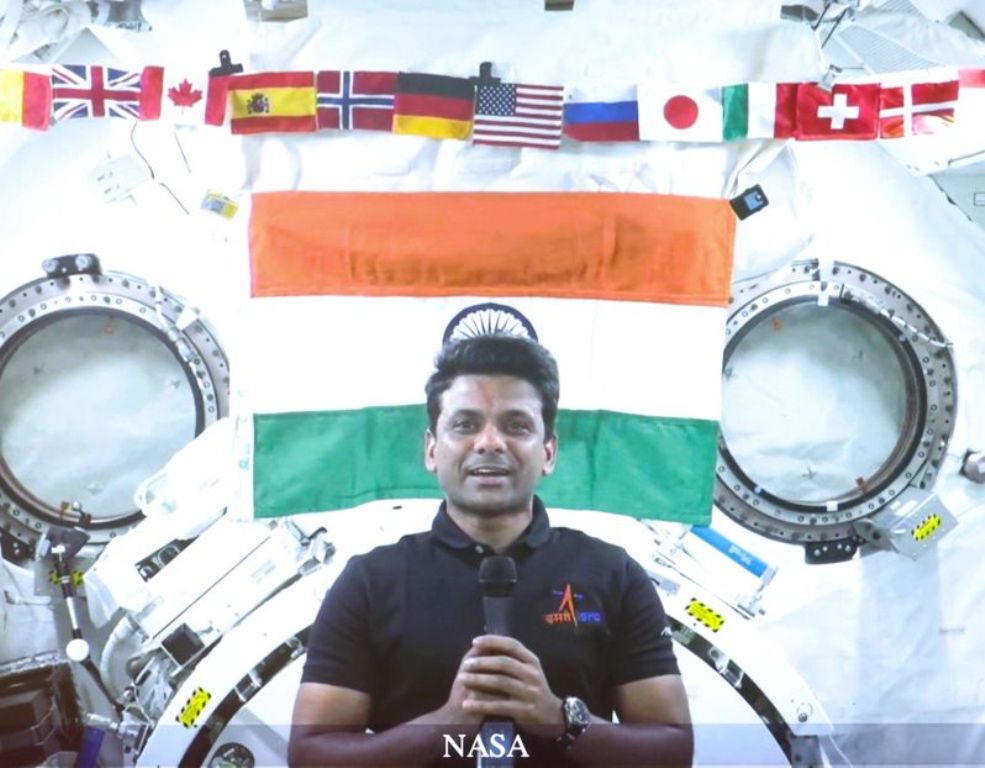Group Captain Shubhanshu Shukla of the Indian Air Force is leading a crucial experiment aboard the International Space Station (ISS) to study muscle health in space.

His research focuses on muscle stem cell cultures and aims to understand how to prevent muscle loss in microgravity.
The absence of gravity during space missions leads to reduced muscle load, resulting in muscle degradation over time. Shukla’s experiment is testing whether specific supplements can help delay or stop this process.
This research has significance not only for astronauts on long-duration space missions but also for people on Earth who suffer from muscle loss due to ageing or prolonged immobility. The findings could help in developing new treatments for muscle-related conditions and diseases.
Shukla recently created history by becoming the first Indian to reach the International Space Station. He travelled as part of Axiom Space’s Mission-4, along with crew members from the United States, Poland, and Hungary. They joined the Expedition 73 team already stationed on the ISS to carry out collaborative research.
During his time on the ISS, Shukla also participated in studies related to astronaut mental health and filmed an educational video for school students in India on how the digestive system works in space. His work is part of a broader effort by the Ax-4 mission, which includes about 60 scientific studies and commercial activities in microgravity.
The mission represents collaboration between 31 countries, including India, the United States, Poland, Hungary, Brazil, Nigeria, Saudi Arabia, the UAE, and several European nations.
India, through ISRO, has contributed seven studies to this international space effort. Shukla’s contributions are being closely followed both for their scientific value and for their potential impact on health and medicine back on Earth.


